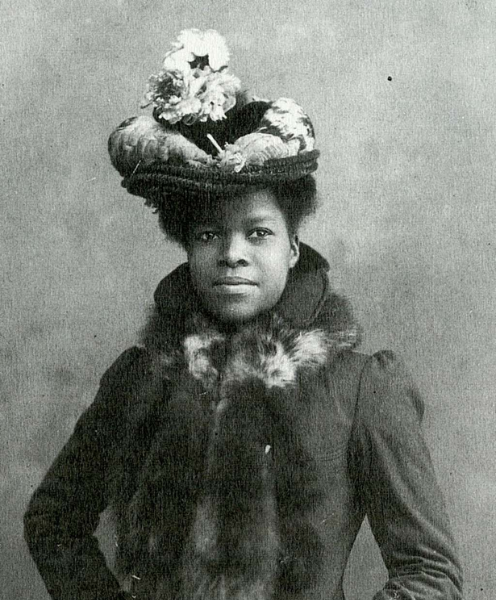Historic Figures - Before 1954
Traditional Educators
Mary McLeod Bethune (1875 - 1955)
Mary McLeod Bethune was a pioneering educator and civil rights leader whose work significantly advanced opportunities for African Americans. Born to formerly enslaved parents in South Carolina, Bethune dedicated her life to education and empowerment.
In 1904, she founded the Daytona Educational and Industrial School for Negro Girls, which later merged with the Cookman Institute to become Bethune-Cookman College, now Bethune-Cookman University.
Bethune was also a political activist, serving as an advisor to President Franklin D. Roosevelt and founding the National Council of Negro Women in 1935. Her efforts were instrumental in improving educational access and civil rights for African Americans, earning her the nickname “The First Lady of the Struggle.
” Her legacy continues to inspire educators and activists today.
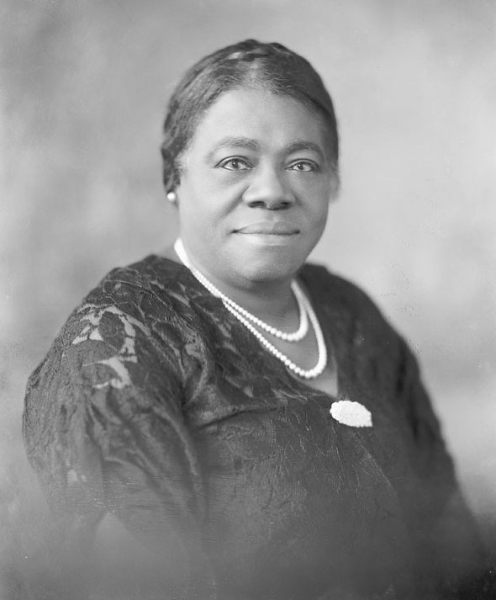
Booker T. Washington (1856 - 1915)
Booker T. Washington was a prominent African American educator, author, and leader in the late 19th and early 20th centuries. Born into slavery in Virginia, Washington rose to prominence as the founder of the Tuskegee Normal and Industrial Institute (now Tuskegee University) in Alabama in 1881.
He was a strong advocate for vocational education, believing that practical skills and economic self-reliance were crucial for African Americans to improve their social status and achieve equality.
Washington’s philosophy of accommodation and self-help, articulated in his famous Atlanta Compromise speech of 1895, encouraged African Americans to focus on education and entrepreneurship while temporarily accepting segregation. Despite controversy over his views, his influence extended widely, including advisory roles to presidents Theodore Roosevelt and William Howard Taft.
Washington’s contributions to education and his pragmatic approach to civil rights left a lasting impact on the African American community.
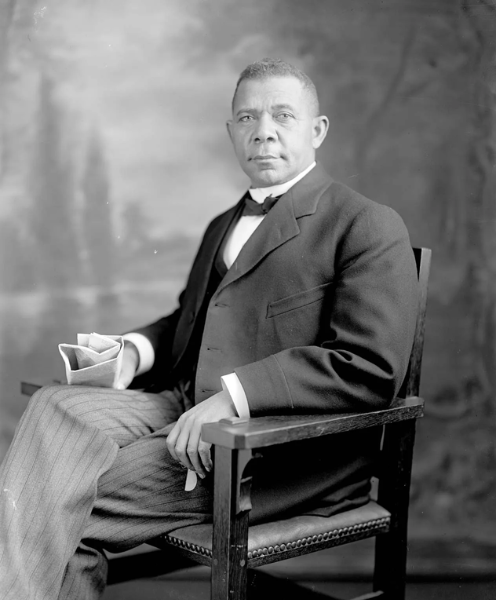
Charlotte Hawkins Brown (1883 - 1961)
Charlotte Hawkins Brown was a pioneering African-American educator, author, and activist who founded the Palmer Memorial Institute in 1902. Located in Sedalia, North Carolina, this prestigious school for African-American students offered a rigorous academic curriculum and vocational training.
Brown’s leadership and vision transformed the Palmer Memorial Institute into a nationally recognized institution, advocating for educational excellence and civil rights.
Her work extended beyond the school as she became a prominent figure in social reform, addressing issues of racial and gender equality throughout her life.
Brown’s legacy continues to inspire educational and civil rights advancements today.
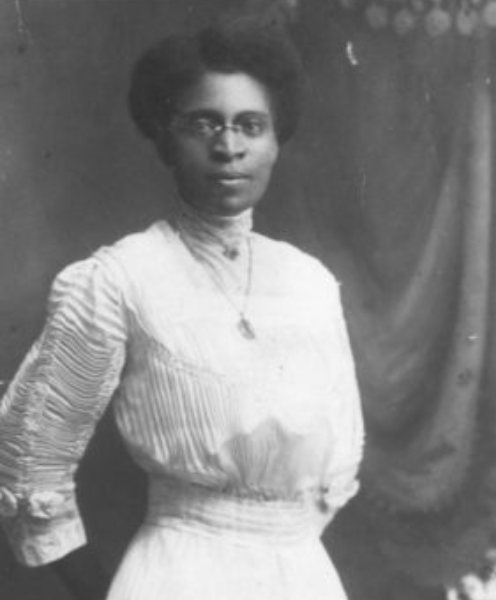
Pioneering Scholars
W.E.B. DuBois (1868 - 1963)
W.E.B. Du Bois was a distinguished African American sociologist, historian, civil rights activist, and author.
He co-founded the NAACP in 1909 and was a leading voice in advocating for the social and political advancement of African Americans.
Du Bois was the first African American to earn a Ph.D. from Harvard University and his seminal work, “The Souls of Black Folk,” remains a cornerstone in the study of African American culture and history.
A proponent of the “Talented Tenth,” he believed in cultivating a leadership class within the African American community. Du Bois’ profound influence on civil rights and his scholarly contributions have left an indelible mark on American history and social justice movements.
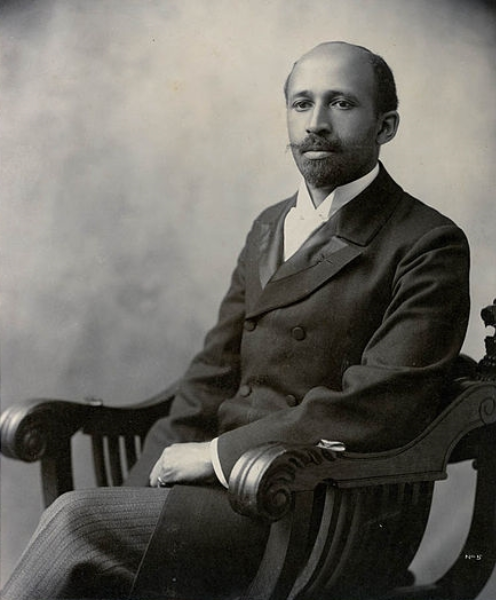
Carter G. Woodson (1875 - 1950)
Carter G. Woodson, often hailed as the “Father of Black History,” was a pioneering African American historian, author, and educator.
Woodson was one of the first scholars to study African American history and earned a Ph.D. from Harvard University in 1912.
n 1926, Woodson established Negro History Week, which later evolved into Black History Month, to celebrate and recognize the contributions of African Americans to history and culture.
His seminal work, “The Mis-Education of the Negro,” critiques the educational system’s failures to properly teach African-American history. Woodson’s relentless dedication to promoting and preserving African-American heritage has had a lasting impact on education and historical scholarship.
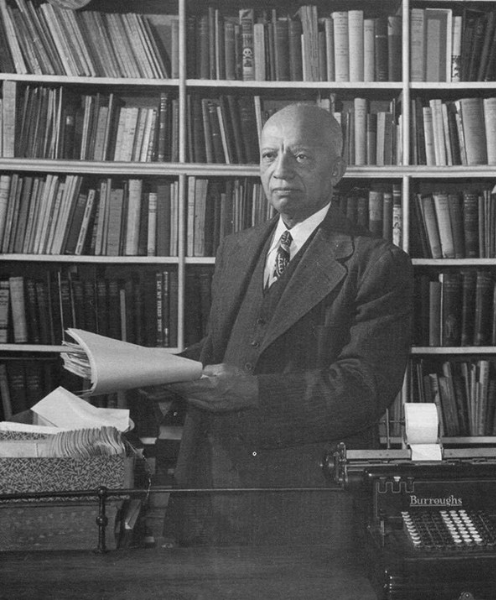
Anna Julia Haywood Cooper (1858 - 1964)
Anna Julia Haywood Cooper was a pioneering African American scholar, educator, and activist.
Born into slavery in 1858, she defied societal norms and pursued education, eventually earning a Ph.D. from the University of Paris-Sorbonne in 1925.
Cooper was a leading voice in advocating for the rights and education of African American women. Her influential work, “A Voice from the South: By a Black Woman of the South,” highlighted the intersections of race, gender, and class in America.
Throughout her life, Cooper fought tirelessly for social justice and equality, contributing significantly to the advancement of African American women’s rights and the broader civil rights movement.
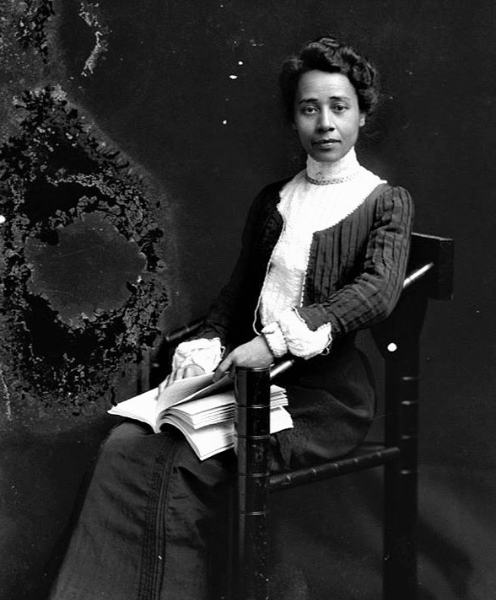
Education Reformers:
John Hope (1868 - 1936)
John Hope was a prominent African American educator, activist, and the first African American president of Morehouse College.
Hope dedicated his life to advancing the cause of education and civil rights for African Americans. Hope’s tenure at Morehouse, from 1906 to 1931, marked a period of significant growth and progress for the institution.
He emphasized academic excellence and social responsibility, shaping Morehouse into a leading institution for African American education.
Hope’s legacy extends beyond his presidency as he continued to champion educational equity and social justice throughout his lifetime.
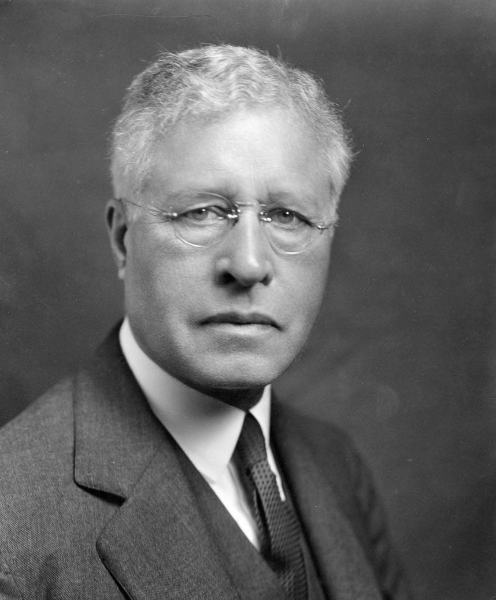
Lucy Craft Laney (1854 - 1933)
Lucy Craft Laney was a pioneering African American educator and founder of the Haines Normal and Industrial Institute in Augusta, Georgia.
Laney devoted her life to the education and empowerment of African American youth. In 1883, she established the Haines Institute, which became one of the premier schools for African American students in the South, offering a comprehensive curriculum that included both academic and vocational training.
Laney’s unwavering commitment to education and community upliftment made her a central figure in the advancement of African American education and civil rights.
Her legacy continues to inspire educators and activists dedicated to equality and social justice.
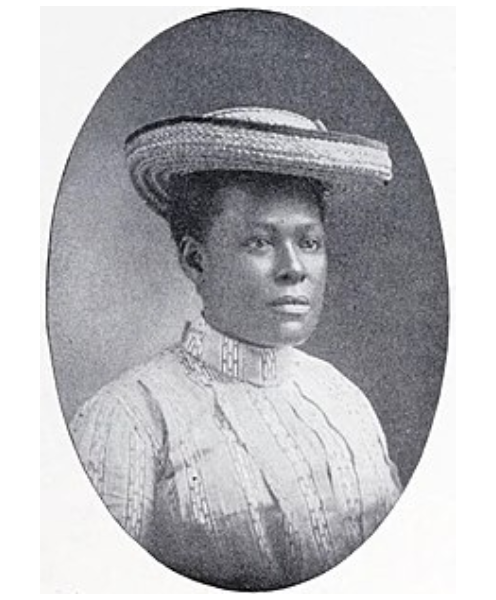
Nannie Helen Burroughs (1879 - 1961)
Nannie Helen Burroughs was a distinguished African American educator, civil rights activist, and businesswoman.
Burroughs founded the National Training School for Women and Girls in Washington, D.C., in 1909. The school offered vocational and academic education, empowering African American women with skills and knowledge for economic independence.
Burroughs was also a prominent advocate for women’s rights and racial equality, and she played a key role in the National Baptist Convention.
Her pioneering efforts in education and activism significantly contributed to the advancement of African American women and the broader fight for civil rights.
